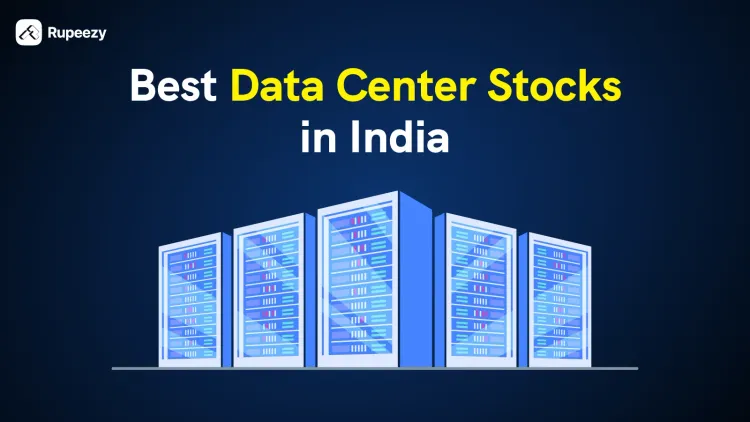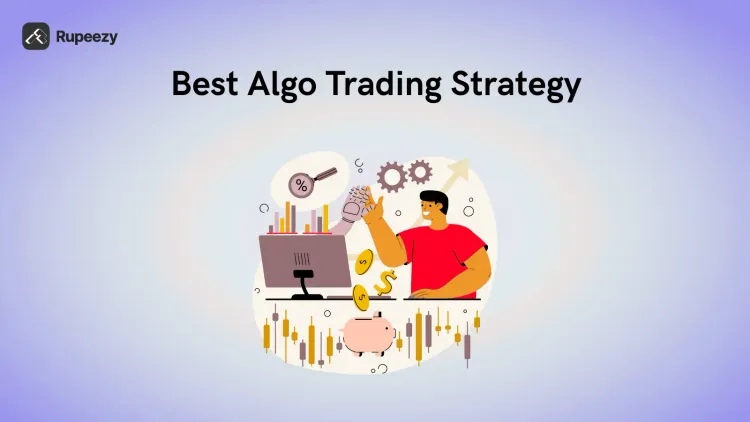Intraday Trading
Intraday trading is an investing strategy many investors
employ in the stock markets with a view to make quick
profits in a short time without owning a stock.
What is Intraday Trading?
Intraday traders buy and sell stocks of a company on the same market day to benefit from the price movements.
There is no delivery of shares in the demat account as the shares are traded within the trading day itself, also called day trading.
However, trader must be mindful to square off the buy or sell trade within the same day cut off time to avoid delivery trade by any reason.
If the trader fails to do so, your broker may square-off your position. Long term investing in the stock market is ideal to create wealth over a long horizon.
Intraday trading is used as a tool to earn profits in short time using market patterns, charts and indicators.
How it works?
Intraday Traders must have a view on the stock’s movement, do their own
research and have a high risk appetite.
If you place a margin of Rs 10,000, you can borrow a maximum
up to Rs 50,000 from us.
Leverage
Intraday trades rely on very small movements in a stock’s price, hence higher the number of shares purchased, higher the profits. Often Intraday traders use leverage i.e. borrow funds from broker to increase the capital invested and multiply the profit. You must place a margin from your pocket and avail credit from the broker. Rupeezy offers 5x or five times leverage on your funds.
Benefits of Opening an
Account with Rupeezy

Free Account Opening
Open a demat and trading account with zero account opening fee

FREE equity delivery trading
This is the real deal, zero equity delivery trading brokerages charges.

MTF(Pay Later) at 10.99% interest p.a.
Enjoy the lowest ever MTF margin funding interest rate at 10.99% p.a. with annual subscription. Trade with up to 5x margin

Trade with zero cash
Place your stocks as collateral for funds and trade with zero cash from your pocket

Trade directly through charts
Make accurate and efficient trading decisions with trading through charts directly

Invest in upcoming IPOs
Benefit from new IPO opportunities with online IPO investment in a few clicks.

Trade with advance trading features
Trade in options with Option Chain, Options Greeks and PayOff Graphs for real time analysis and smart decisions

FREE Strategy Builder feature
Advance Options Strategy Builder with 11 readymade strategies to choose from, totally FREE

Up to 5x margin on equity delivery
Place a small amount upfront and we give you up to 5x funding
Steps to Start Equity
Trading with Rupeezy

Go to https://rupeezy.in, click open
an account.After adding your
details, click eKYC verification.
Select the stock you want to purchase
Upload your documents. E-Sign
Aadhar through OTP, add nomination.
Go to My Watchlist, click
Search. Select the stock you
want to purchase or sell
In Place Order, select
‘Intraday’, Enter Quantity
and Price and select Buy
Check Pricing for
Intraday Trading
We bring a never-before offer for you to make trading
efficient and cost effective.

Brokerage
Equity Delivery : 0.1% on buy & sell | 0.2% in MTF | 0.25% on buy & delivery charges on sell in T+5
Equity Intraday : Rs. 20 or 0.1% (whichever is lower) | 0.2% in MTF | 0.25% on buy & delivery charges on sell in T+5
Futures & Options : Rs 20 per order

GST
18% on (brokerage + transaction charges + SEBI charges)

SEBI Charges
Rs 10 / crore

STT/CTT
Equity Delivery : 0.1% on buy & sell
Equity Intraday : 0.025% on the sell side
Futures : 0.02% on the sell side
Options : 0.0125% of the intrinsic value on options that are bought and exercised | 0.1% on sell side (on premium)
Explore Our Platforms
Frequently Asked Questions
Q1. How are the profits from Intraday traders taxed?
Q2. Who should participate in Intraday Trading?
Q3. Are there any penalties in Intraday Trading?
Q4. What are the Intraday Trading charges?
Q5. What is the best time for Intraday Trading?
Q6. What are the benefits of Intraday Trading?
Q7.What are some Intraday trading tips?
Q8. What are Intraday Trading Indicators?
Enrich your financial knowledge through Rupeezy Blog








